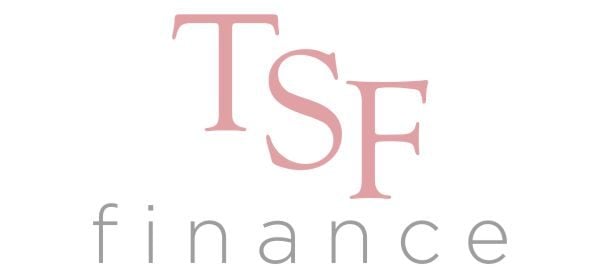With Brexit, COVID, the war in Ukraine, and more recently a rapid rise in inflation, there has been a significant impact on supply chains for businesses over the last few years.
Given these turbulent times, it is no surprise that trying to manage a cost-effective and efficient supply chain has become a nightmare.
Supply chain issues can have a huge knock-on effect within your company. Concerns such as suppliers increasing prices, sourcing of raw materials, importation tax and delivery delays are some of the many consequences happening to businesses in the current climate.
However, this is not to say that supply chain hiccups must be terminal for your business. There are certain approaches you can take to ensure your company is not vulnerable to cash flow problems and has enough resources to absorb any supply chain-related issues.
With that in mind, this article will explore how SMEs have been affected by ongoing supply chain issues and how funding from TSF Finance can help.
What has caused the supply chain issues?
A recent study found that 86% of SMEs have been impacted by supply chain disruption over the past year, with the most prevalent problem being the rising cost of goods and services.
This issue has accounted for 41% of businesses counted in the study (1000 in total), with a lack of availability of supplies or suppliers going bankrupt being other common complaints.
There are several reasons why supply chains have been compromised in recent years. The first issue was Brexit, which restricted British companies from being able to work with suppliers from the European Union. This, mixed with the fluctuating legislation and inconsistencies within Brexit policy (including the UK becoming a third party for VAT), made it difficult to construct a consistent and affordable supply chain with most of the world.
The next issue was COVID. When the world went into enforced lockdowns, the global economy shut down. Supply chains grounded to a halt, and countless businesses sank into bankruptcy. The effects of the pandemic are still being felt, with supply chains struggling to kick-start into life again.
The war in Ukraine and the financial implications of COVID-19 have created an even deeper cost of living crisis in the UK. The prices of fuel, electricity, gas and other goods have gone through the roof, making it more expensive to store and transport goods. Moreover, as inflation runs rampant, SMEs must change their existing business models to make their cash flow healthy once more.

The impact these issues are having on SMEs
The effect of these supply chain issues and the wider problems that have triggered them are substantial. The price of goods has increased across the board, making it more expensive to provide usual products and services. In turn, your prices must also rise, potentially resulting in a diminishing customer base who are unhappy with climbing costs. Suffering from late deliveries can also anger the end customer, tarnishing your reputation and leaving you with cash flow problems if they decide to shop elsewhere.
How TSF could help
Thankfully, help is at hand. If you run a business suffering from supply chain issues, you should consider investing in invoice and asset financing. Why? It’s safeguarding and could help ensure continuity; when disaster strikes and your suppliers raise their prices or deliver their goods late, you need enough business finance to cover the difference.
- SME Finance could also help insulate your clients from rising costs, which could otherwise upset your customer base.
- Invoice financing could provide a cash injection for your business, especially if you’re suffering from poor cash flow, being vulnerable to late payments made by customers or suppliers can cause shockwaves throughout your company.
By artificially bridging the gap between submitting the invoice and getting paid, you could improve cash flow and might allow you to consistently invest in your business rather than be constantly one step behind the curve.
- Meanwhile, Asset Finance can allow businesses to offset the large upfront costs of more expensive goods and services with an agreed payment plan.
If you want to find out more about the support TSF Finance can offer your business, don’t hesitate to get in touch with our team.












